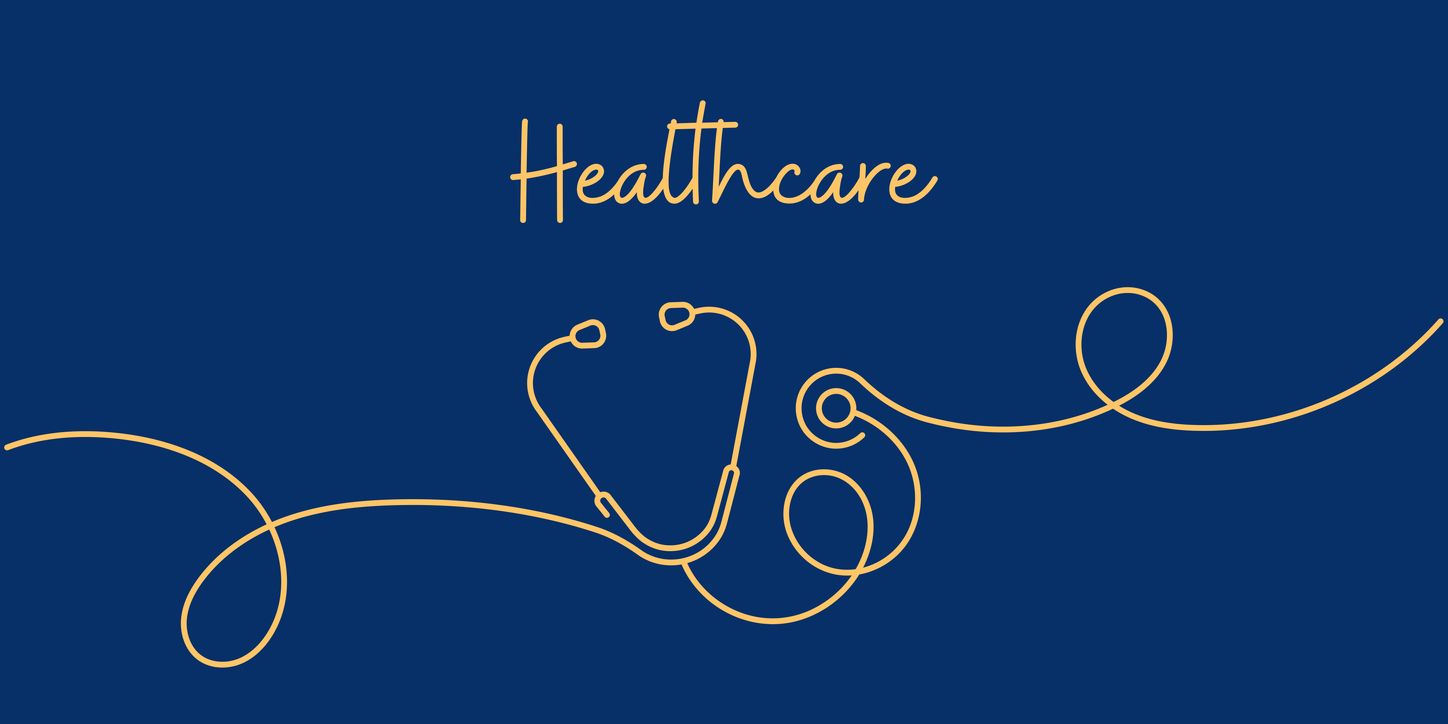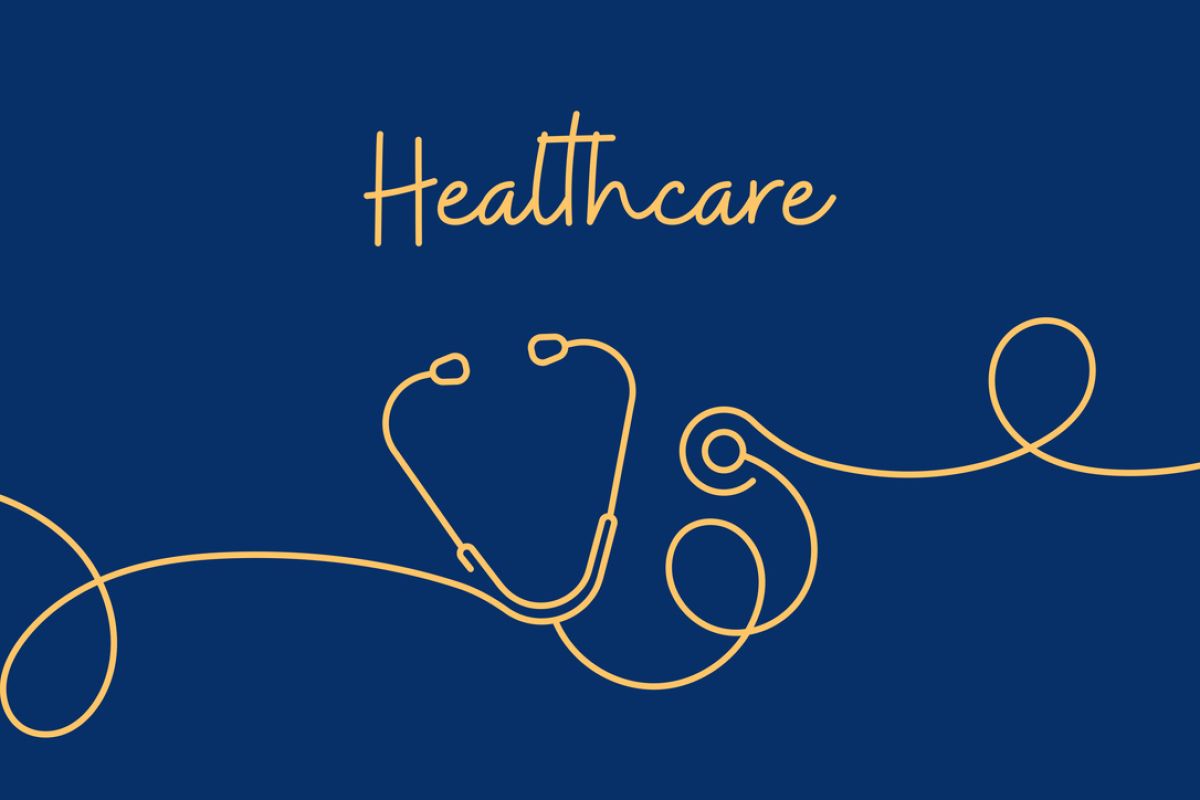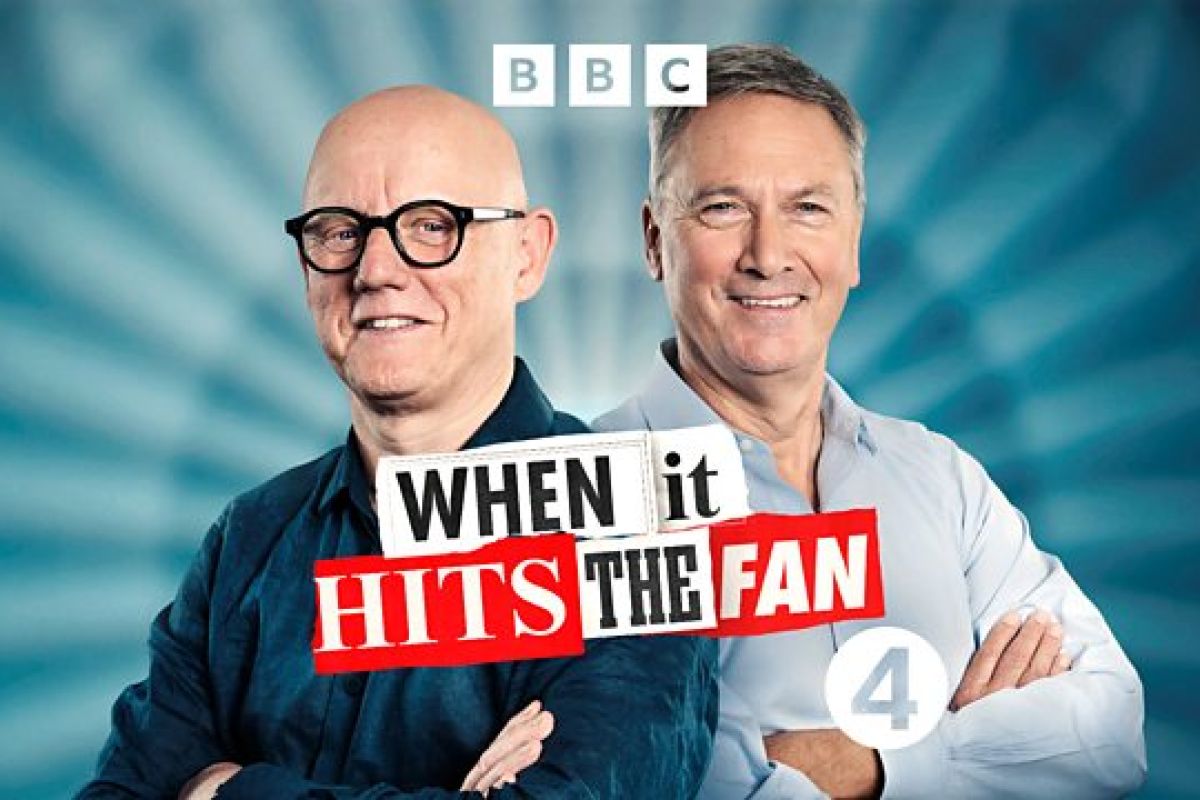Occupational Health: Great for Graduates

Newly qualified and weighing your options. Occupational Health offers variety, autonomy and impact. Here is why graduates should put OH on the shortlist and how to get started.
You have finished training and the obvious routes are calling. Acute care. Community services. Private practice. There is another path that rarely gets airtime in lectures or rotations. Occupational Health. It blends clinical skill with prevention and real world impact. We hope to give you a clear view of what the work involves and how to explore it with confidence.
Why Occupational Health is often missed
Most undergraduate courses touch OH lightly or not at all. Many posts are employer funded rather than NHS funded so students see fewer placements and fewer role models in the field. That gap creates myths. Some graduates think OH is all paperwork. Others picture a desk and a headset. The reality is broader. You work with people, leaders and environments to keep teams healthy and productive.
What the work actually looks like
At its core, OH helps people stay well at work and return well after illness or injury. The scope runs from case management to prevention and culture. A typical week can include assessments, site visits, manager briefings, report writing and short training sessions. Common tasks include:
- Designing practical adaptations for an employee with a long term condition.
- Running health surveillance to spot early signs of occupational illness.
- Supporting simple, accessible mental health initiatives.
- Working with leadership to reduce risk and improve team culture.
- Advising on adjustments for someone returning after surgery.
You see the person, the job and the workplace together. You turn clinical evidence into simple actions that managers and teams can use.
Why graduates stay once they try it
When early career clinicians move into OH, the same themes come up. Breadth, balance and influence. You are still using clinical judgement. You are also shaping how work gets done.
- Variety: You move between prevention, intervention and rehabilitation. No two days look the same.
- Autonomy: You often have more control over your diary and caseload than in many clinical roles.
- Impact: You help prevent illness and improve how work is designed, not only treat what has already happened.
- Stability: OH roles exist in the NHS, local government and the private sector so your options grow over time.
If you want meaningful clinical work without losing sight of your own wellbeing, OH deserves a serious look.
Skills you will build quickly
OH builds a set of skills that travel well across healthcare and beyond. Clear communication with non clinicians. Practical risk assessment. Data informed decisions. Stakeholder confidence. These skills grow from day one.
- Translating clinical risk into clear advice that managers can act on.
- Running structured assessments and writing concise, useful reports.
- Using simple data to prioritise and to show outcomes.
- Coaching managers to support adjustments that last.
- Delivering short training that changes behaviour.
How to explore OH as a graduate
You do not need to commit before you have seen the work. Start small and be curious. The steps below will help you test the fit and open doors.
- Shadow a clinic or join a workplace visit to see the variety first hand.
- Speak with OH professionals about day to day work, challenges and career paths.
- Read role scopes, not only titles, to understand real responsibilities.
- Take a short introductory course or diploma. Many employers will fund it.
- Build a simple portfolio that shows interest, reflections and relevant experience.
What a good first OH role looks like
Look for teams that balance case work with prevention and that support early careers properly. Ask direct questions about scope, support and success measures.
- A defined caseload with realistic volumes and clear priorities.
- Named clinical supervision and access to peer support.
- Time for CPD and a clear plan for your first ninety days.
Common myths to put aside
Misinformation can put good people off. Here are three myths you can ignore.
“It is all paperwork.”
You will write reports, and you will also run clinics, visit sites and work with teams
“You will lose clinical skills.”
You will use them differently and add prevention, data and coaching skills.
“It is not patient facing.”
You work with people every day at moments that shape their lives and livelihoods.
Why employers should care
There is a shortage of qualified OH professionals. Experienced practitioners are retiring and the pipeline of new entrants is thin. If leaders want resilient services, they should promote OH to graduates. Placements, funded training and proper supervision create a stronger, more diverse talent pool. It is not just about filling vacancies. It is about building capability the sector can rely on.
Occupational Health offers variety, autonomy and impact that many graduate paths do not.
We’re confident that OH could be a rewarding next step with room to grow.
If you want a career that matches your skills and values, speak to us. Email abi@recruitingheads.co.uk or sean@recruitingheads.co.uk for a confidential conversation about early career opportunities in Occupational Health.
Where to Next?
More Articles
Right people, right roles, always
Whether you’re hiring or job hunting, we make your search straightforward, effective and discreet.



